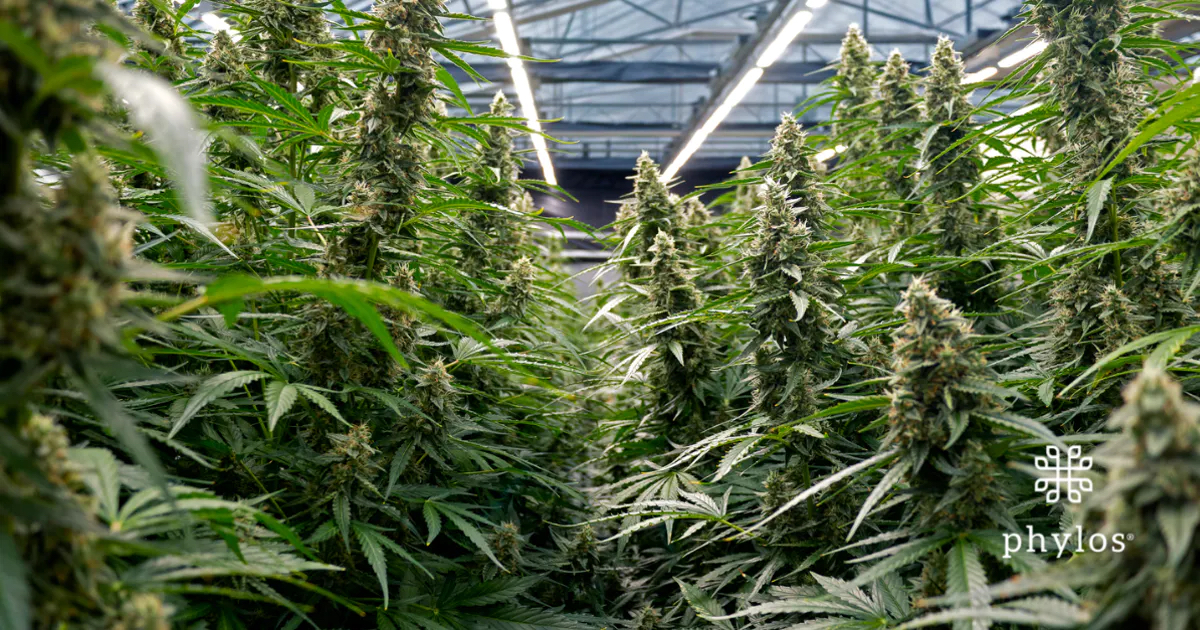Cultivation
Study Reveals Optimal Canopy Density for Small Growers
Phylos, PPR researchers conduct experiments to determine optimal plant density strategies for smaller grow operations.

Going Global - Pioneering Cannabis Hospitality: A Conversation with Arend Richard
In this enlightening interview, Arend Richard, a seasoned entrepreneur from the cannabis industry, shares his journey from starting a YouTube channel to educate on cannabis use, to co-founding WeedTube, and developing a unique cannabis hospitality business. Born and raised in Colorado, Aaron discusses the evolution of his business ventures and his current project—creating a welcoming, educational environment for both seasoned and first-time cannabis users. He delves into the challenges of establishing a cannabis-friendly social space, including regulatory hurdles and community engagement, and highlights his vision for a new kind of social interaction centered around cannabis.
-

 Cover Features11 months ago
Cover Features11 months agoHouse Party
-

 Cover Features11 months ago
Cover Features11 months agoThe Interview with Kristi Palmer
-

 Legal9 months ago
Legal9 months agoIs Germany on the Verge of Legalizing Recreational Cannabis?
-

 Branding10 months ago
Branding10 months agoThe Global Cannabis Times Interview with Kristi Palmer, Kiva Confections Co-Founder
-

 Products9 months ago
Products9 months agoMust List: The Best Infused Beverages Money Can Buy
-

 Branding12 months ago
Branding12 months agoCuraleaf’s Liquid Diamonds Bling
-

 Business12 months ago
Business12 months agoBlazing Sales for New York’s First Legal Weed Retailer
-

 Podcasts11 months ago
Podcasts11 months agoThe first cannabis flower prescription on the NHS with Mike Roberts












